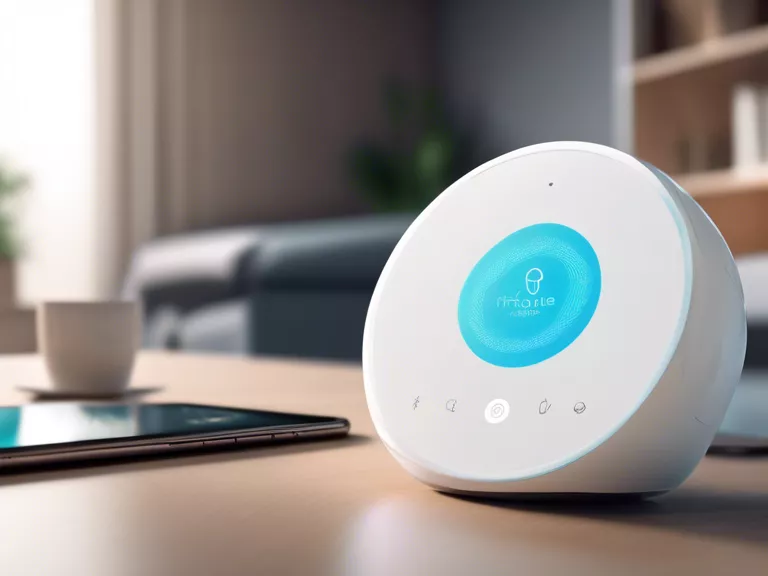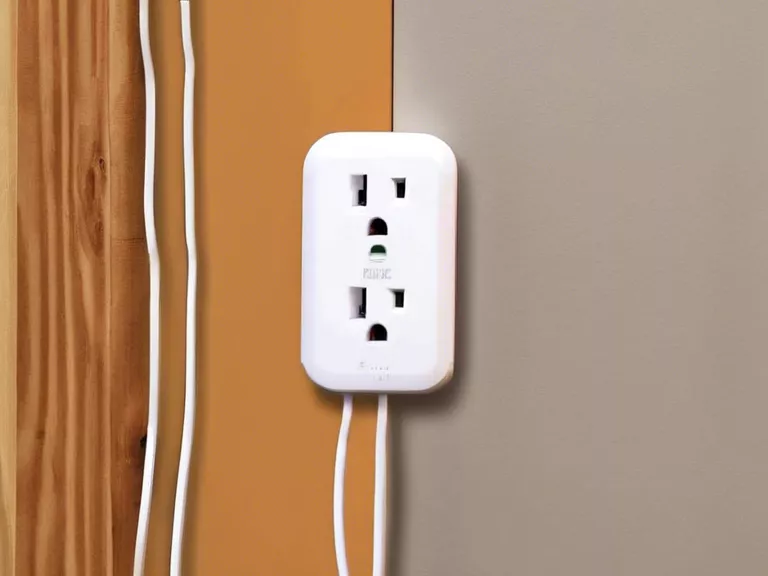
With the rise of smart home technology, AI-integrated smart home hubs are becoming increasingly popular. These hubs serve as the central control point for various smart devices in the home, allowing users to manage everything from their lights and thermostats to security cameras and speakers. One of the key benefits of these hubs is their ability to facilitate device interoperability, enabling different smart devices from various manufacturers to communicate and work together seamlessly. This article explores the impact of AI-integrated smart home hubs on device interoperability and how they are shaping the future of smart home technology.
The Role of AI-Integrated Smart Home Hubs
AI-integrated smart home hubs act as the brain of the smart home ecosystem, serving as a centralized platform for controlling and monitoring connected devices. These hubs use artificial intelligence and machine learning algorithms to understand user preferences, automate tasks, and optimize energy usage within the home. By connecting to a wide range of devices through wireless protocols such as Wi-Fi, Bluetooth, and Zigbee, these hubs enable users to create a cohesive and interconnected smart home experience.
Enhancing Device Interoperability
One of the major challenges in the smart home industry is the lack of standardized communication protocols among different devices. This can lead to interoperability issues, making it difficult for devices from different manufacturers to work together effectively. AI-integrated smart home hubs address this challenge by acting as a universal translator, bridging the gap between devices with different protocols and ensuring seamless communication between them. This not only simplifies the setup process for users but also paves the way for a more integrated and cohesive smart home ecosystem.
The Future of Smart Home Technology
As AI-integrated smart home hubs continue to evolve, we can expect to see even greater levels of device interoperability and integration. These hubs will play a crucial role in enabling the proliferation of smart devices in homes, making it easier for consumers to adopt and use new technologies. With advancements in artificial intelligence and machine learning, these hubs will become even smarter and more intuitive, anticipating user needs and preferences to create a truly personalized and automated smart home experience.
Conclusion
AI-integrated smart home hubs are revolutionizing the way we interact with and control smart devices in our homes. By facilitating device interoperability and creating a more streamlined smart home ecosystem, these hubs are shaping the future of smart home technology. With their ability to connect and communicate with a wide range of devices, AI-integrated smart home hubs are unlocking new possibilities for home automation and convenience.



